Podcasts have become a popular way for people to stay informed and entertained, and the wine industry is no exception. There are many podcasts out there that cater to wine enthusiasts, professionals, and business owners. In this blog post, we will explore wine business podcasts you should be listening to.
The Grape Nation
The Grape Nation is hosted by wine professional Sam Benrubi and covers all aspects of the wine industry. Each episode features interviews with winemakers, sommeliers, and other industry professionals. The podcast also covers wine-related news and trends, as well as tips for tasting and pairing wine.
Link to the show HERE
Wine for Normal People
Wine for Normal People is hosted by certified sommelier Elizabeth Schneider and focuses on making wine accessible to everyone. The podcast covers a wide range of topics related to wine, from grape varieties and winemaking techniques to tasting and pairing. The podcast is perfect for anyone who wants to learn more about wine in a fun and approachable way.
Link to the show HERE
I'll Drink to That!
I'll Drink to That! is hosted by wine industry veteran Levi Dalton and features interviews with winemakers, sommeliers, and other industry professionals. The podcast covers a wide range of topics, from winemaking techniques to the history of wine regions around the world. This podcast is a great resource for anyone looking to deepen their knowledge of the wine industry.
Link to the show HERE
XChateau
The Xchateau podcast features interviews with some of the most knowledgeable and respected people in the wine industry, including winemakers, sommeliers, and other industry professionals. These experts provide unique insights and analysis on a wide range of topics, including winemaking techniques, wine regions, and emerging trends. The Xchateau podcast has a strong focus on the business and strategy side of the wine industry. The podcast explores topics such as sales, marketing, and distribution, as well as the challenges and opportunities facing the industry. This focus makes the podcast particularly valuable for wine professionals who want to stay up-to-date on the latest developments in the business side of the industry.
Link to the show HERE
The Guildsomm Podcast
The SommGuild podcast is a great resource for wine professionals looking to expand their knowledge and expertise. The SommGuild podcast has a strong focus on sommelier education, with many episodes covering topics such as wine tasting, wine service, and wine pairing. The podcast provides a valuable resource for sommeliers who want to improve their skills and knowledge. In addition to wine education and industry insights, the SommGuild podcast also provides valuable career advice for wine professionals. Listeners can learn about career paths in the wine industry, as well as tips for advancing their careers and building successful businesses.
Link to the show HERE
Final Thoughts
In conclusion, there are many wine business podcasts out there that cater to a wide range of interests and expertise levels. Whether you're a wine enthusiast or a professional in the wine industry, there is a podcast out there for you. The above list is a great starting point to explore some of the top wine business podcasts available today.
Let’s Connect
Ready to take the next step for your wine or hospitality brand?
Connect with Kris on Instagram
Listen to the Podcast on Apple iTunes and Spotify.
Download Kris’s Wine Brand Power Hour Checklist, A checklist for brands who want to grow their business and generate more traffic to their business, get new club members, and sell more wine.
Ready to work with Kris on making your Wine Brand profitable? Apply Today















